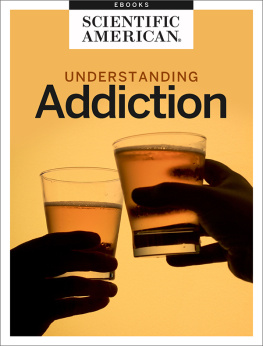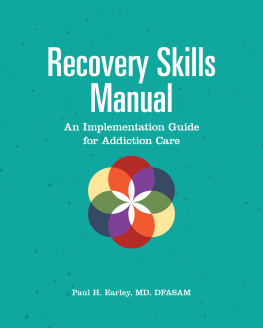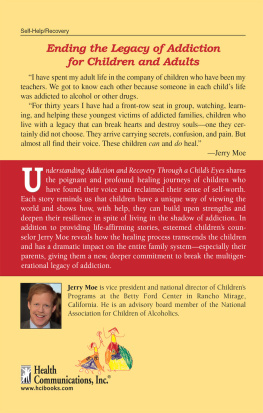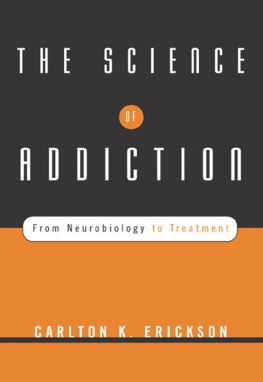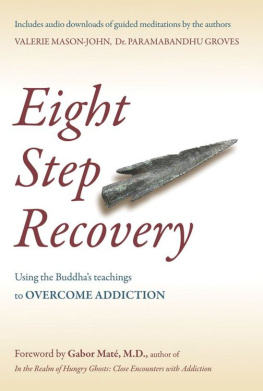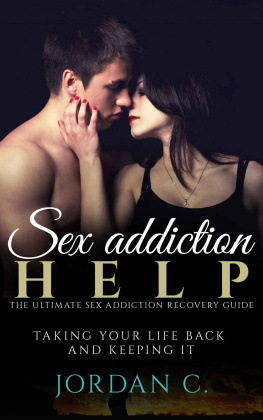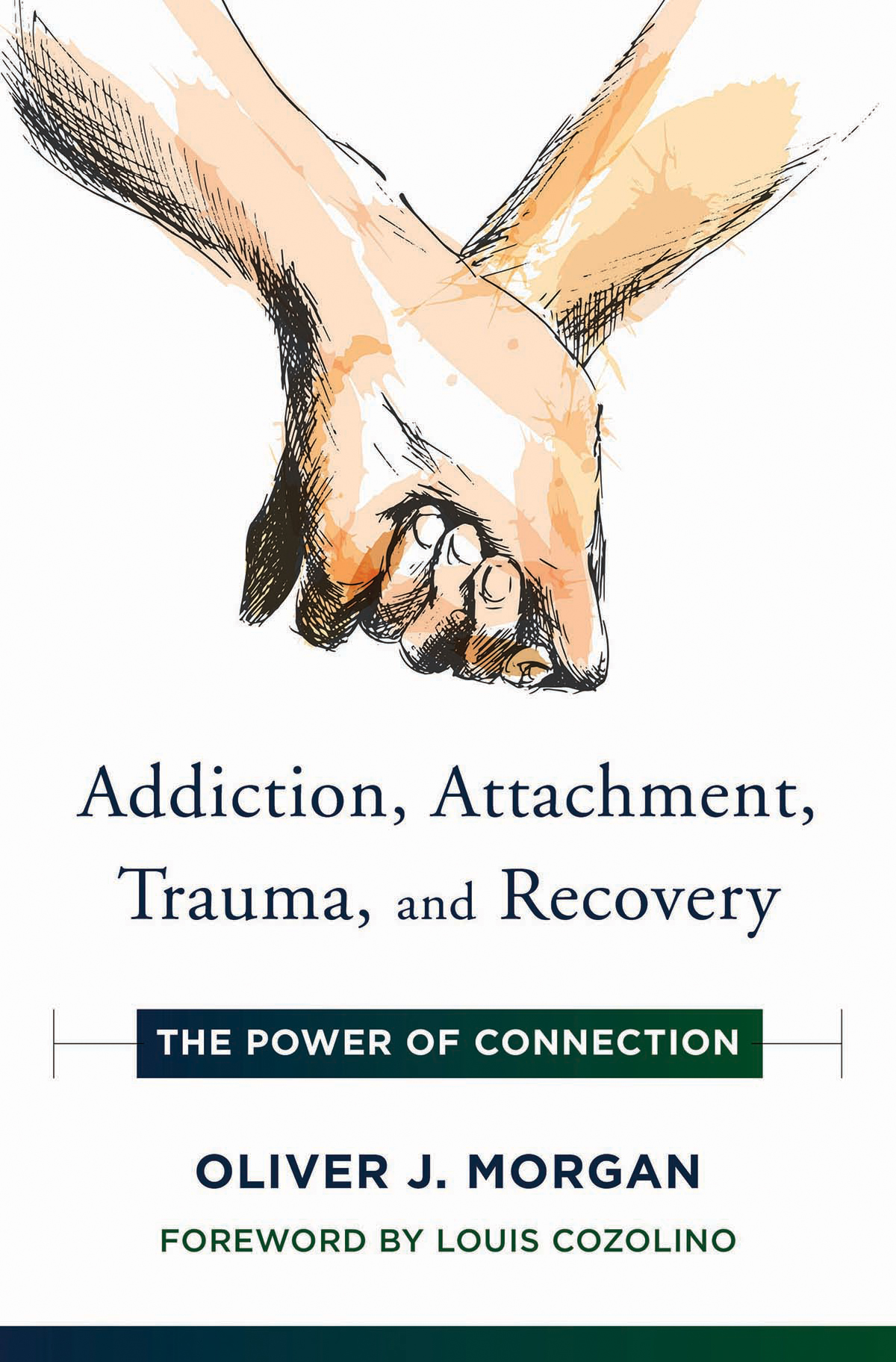Contents
Guide
Page List
The Norton Series on Interpersonal Neurobiology
Louis Cozolino, PhD, Series Editor
Allan N. Schore, PhD, Series Editor, 20072014
Daniel J. Siegel, MD, Founding Editor
The field of mental health is in a tremendously exciting period of growth and conceptual reorganization. Independent findings from a variety of scientific endeavors are converging in an interdisciplinary view of the mind and mental well-being. An interpersonal neurobiology of human development enables us to understand that the structure and function of the mind and brain are shaped by experiences, especially those involving emotional relationships.
The Norton Series on Interpersonal Neurobiology provides cutting-edge, multidisciplinary views that further our understanding of the complex neurobiology of the human mind. By drawing on a wide range of traditionally independent fields of researchsuch as neurobiology, genetics, memory, attachment, complex systems, anthropology, and evolutionary psychologythese texts offer mental health professionals a review and synthesis of scientific findings often inaccessible to clinicians. The books advance our understanding of human experience by finding the unity of knowledge, or consilience, that emerges with the translation of findings from numerous domains of study into a common language and conceptual framework. The series integrates the best of modern science with the healing art of psychotherapy.
A NORTON PROFESSIONAL BOOK
Addiction, Attachment, Trauma, and Recovery
The Power of Connection
Oliver J. Morgan

A Norton Professional Book
Note to Readers: Standards of clinical practice and protocol change over time, and no technique or recommendation is guaranteed to be safe or effective in all circumstances. This volume is intended as a general information resource for professionals practicing in the field of psychotherapy and mental health; it is not a substitute for appropriate training, peer review, and/or clinical supervision. Neither the publisher nor the author(s) can guarantee the complete accuracy, efficacy, or appropriateness of any particular recommendation in every respect.
As of press time, the URLs displayed in this book link or refer to existing sites. The publisher and author are not responsible for any content that appears on third-party websites.
Copyright 2019 by Oliver J. Morgan
All rights reserved
First Edition
For information about permission to reproduce selections from this book, write to Permissions, W. W. Norton & Company, Inc., 500 Fifth Avenue, New York, NY 10110
For information about special discounts for bulk purchases, please contact W. W. Norton Special Sales at specialsales@wwnorton.com or 800-233-4830
JACKET DESIGN BY LAUREN GRAESSLE
JACKET ART ONOT / SHUTTERSTOCK
Production manager: Katelyn MacKenzie
The Library of Congress has cataloged the printed edition as follows:
Names: Morgan, Oliver J., author.
Title: Addiction, attachment, trauma, and recovery : the power of connection / Oliver J. Morgan ; foreword by Louis Cozolino.
Description: First edition. | New York, NY : W.W. Norton & Company, [2019] |
Series: A Norton professional book | Includes bibliographical references and index.
Identifiers: LCCN 2019016055 | ISBN 9780393713176 (hardcover)
Subjects: LCSH: Substance abuseTreatment. | AddictsCounseling of. | Addicts--Rehabilitation.
Classification: LCC RC564 .M6626 2019 | DDC 362.29--dc23
LC record available at https://lccn.loc.gov/2019016055
ISBN 978-1-324-00104-1 (ebook)
W. W. Norton & Company, Inc., 500 Fifth Avenue, New York, N.Y. 10110
www.wwnorton.com
W. W. Norton & Company Ltd., 15 Carlisle Street, London W1D 3BS
This e-book contains some places that ask the reader to fill in questions or comments. Please keep pen and paper handy as you read this e-book so that you can complete the exercises within.
In my life,
families have arisen when I needed them.
The Society of Jesus (Jesuits) when I was seventeen.
Alcoholics Anonymous in my mid-thirties.
Ellen and the kids in my fifties and beyond.
Thank you!
Contents
by Louis Cozolino
WE ARE PAST A TIME in the mental health profession when simple solutions and strategies are satisfactory in any specialty area, especially addiction and recovery. Therapists and clients live within a society which influences us in every possible manner. None of us doubt that the long-standing addiction epidemic in the inner cities is related to cultural and economic marginalization and prejudice. It is just as clear that the current epidemic of addiction among people in suburban and rural communities is associated with the painful transition from industrial to technology-based economies. Addiction is not just a diagnosis, its a symptom of something bigger.
The emergence of social neuroscience in the 1970s started the exploration of the brain as a social organ. We have discovered that our brains consist of a government of systems which are interwoven, integrated, and shaped during development through experience-dependent processes. And like our brains, we too live in a government of relationships which trigger our genetic expression, build our neural circuitry, and modulate our biochemistry. Over the last twenty years, those of us who work in the area of Interpersonal Neurobiology (IPNB) have explored these and many other fields of scientific study to try and make sense of the vast complexity of human behavior and experience.
Two decades into the twenty-first century, we need clinician-theorists who are capable of multidisciplinary integration, synergistic thinking, and therapeutic sophistication. Enter Oliver Morgan. Combining his decades of clinical experience with an array of new findings and insights, Dr. Morgan expands the fields of Interpersonal Neurobiology and Social Ecology into the treatment of addiction. He does not shy away in the face of complexity, rather, he embraces it in a very human and understandable manner. In his openness about his personal struggles with addiction, he provides us with a living window to the thoughts, feelings, and struggles that all need to be addressed for successful treatment.
Each belief about addiction, from it being a medical disease, to a failure of character, to an individual choice, lacks a coherent understanding of the heterogeneity and complexity of human experience and addiction. Each perspective may be relevant, but certainly not to the exclusion of the others.
From the perspective of IPNB, experience is a consequence of our genetic history, epigenetic processes of gene expression, the history of our social relationships, the quality of our connections with others, and our ability to both connect to the group mind and contribute to our tribe. These and many other human processes lead to the experience of an individual who either builds a generative life, or participates in its destruction. Dr. Morgan focuses on an important aspect of addiction, an estrangement from the group mind and feeling disconnected from others, making addiction a symptom of the pain of loneliness and separationhe is on to something very important.
In the following pages, Dr. Morgan will explore the relationship between the brain, attachment, and trauma to learn about their central role in the successful treatment of addiction. It is time to build on the successes of past treatment modalities and expand them to include new findings and insights. There is no doubt that an appreciation of the brain helps us to understand the entire range of human behavior. The expanding appreciation of the contribution of meditation and mindfulness to mental health is increasingly a component of all forms of treatment.


